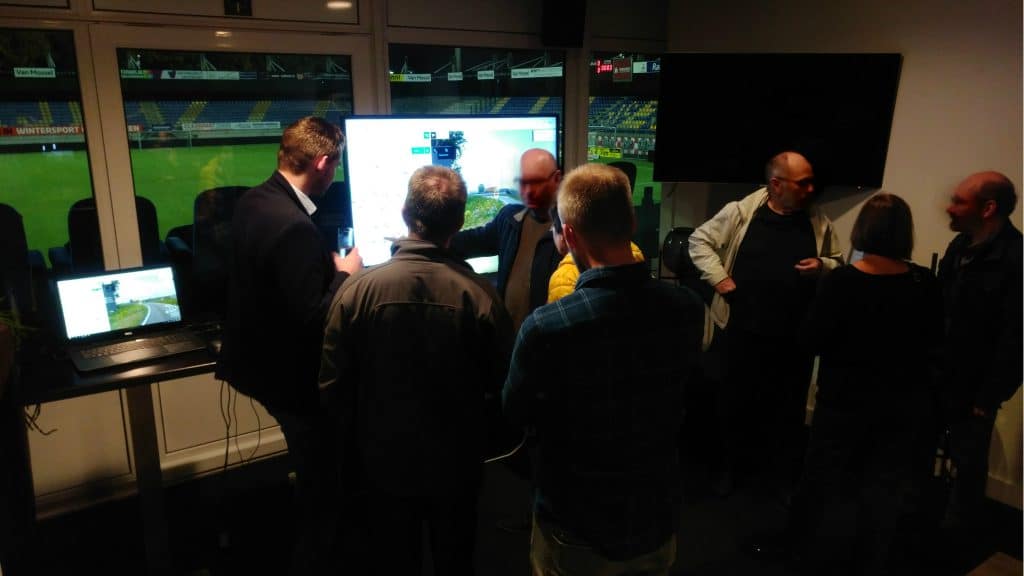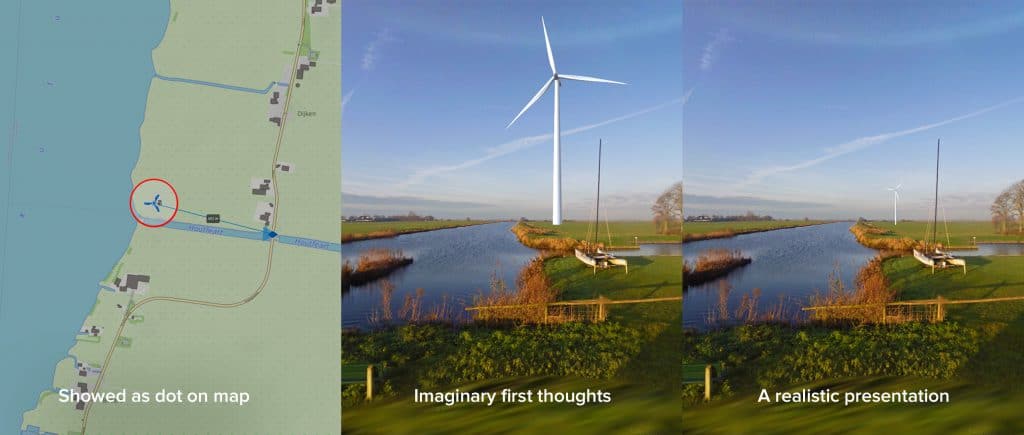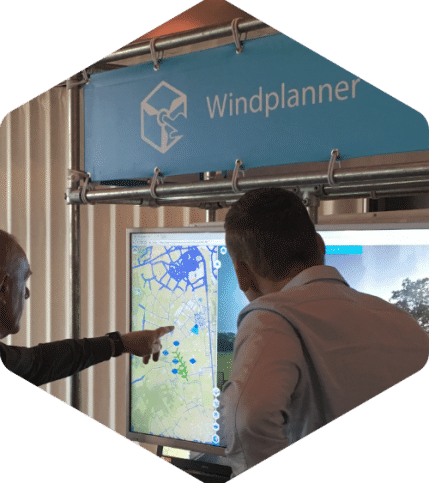Step 1: The WHY of the event
- What is the goal of the information event?
- Who will be invited?
- What is your message?
- What do you want the visitors to remember?
- Which information can you share?
- Be clear about the preconditions of the project, and what you do not know yet.
- What input do you want from the visitors?
Step 2: Plan the event
- Will you have a set program, or can visitors come and go when they want?
- Do not plan during holidays or during big local/national events.
- Will you have several sessions? Plan also one in the afternoon.
- Make a list of potential reactions/questions, and what your position/answer is.
- Arrange for enough specialists to answer all types of questions.
- Will you organize break-out sessions:? Max 10 residents per table, 1 facilitator and 1 reporter works well (lay out markers, post-its, and a flip-over)
- Plan what atmosphere you want to create and what drinks/bites fit.
- Do you want the press to be present?
Step 3: Invite residents
- When will you send out the invitations? Make sure you also send a reminder 1-2 days ahead of the event.
- What media will you use to spread the invitation?
- What is your message on the invitation?
- Do you want visitors to register in advance? Will you, and how will you track the entries?
Step 4: The event itself
- Put the residents at the heart of the event.
- Do you want visitors to register?
- Make sure it is clear for the visitors who the host is.
- Make sure all visitors can voice their opinion.
- Be open to all questions and suggestions.
- Take fear and resistance seriously.
- Will you report about this event? Make sure all visitors either leave their contact details or know where to find information on the internet.
- Consider to get input via digital tools (such as the stakeholder engagement platform), so you will also reach people outside this event.
Step 5: Follow-up
- How are you going to keep the visitors engaged? Newsletters? Online platform?
- Will you organize a follow-up event?
- Will there be a resident panel? How can they sign up for it?
- Make sure visitors know what the (rough) planning is.

Windplanner: experts in visual impact
We regularly support resident meetings, as a neutral expert party. This means: we are not in favor, we are not against, we only show exactly what the visual impact of the plan is on the living environment. In this way, the local residents get a clear picture of what the plan will actually look like. And the initiators or related municipality have ‘their hands free’ to have substantive conversations with all visitors.

Do it yourself, or we visualize for you
Windplanner is available as a subscription if you want to plan and visualize your wind and solar projects yourself. Alternatively, we can visualize your project for you. If we visualize the project for you, you can still try out different variables yourself, such as day, night, shadow impact and wind direction.
Do you need a visualization for your project? Fast, accurate at low cost? Then let us know!



